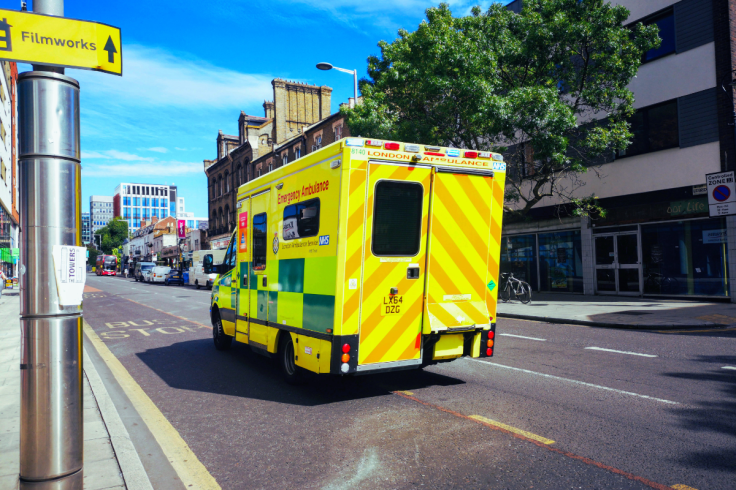NHS Rich List Sparks Public Uproar: 'Dreadful Optics' as Bosses Paid Up to £300K
The report notes that some executives, including medical directors and chief executives, earned up to £330,000.

The National Health Service (NHS) is facing a firestorm of public outrage after a new report revealed that nearly 300 health bosses took home pay packages exceeding £200,000 ($271,455) in 2024, with some earning over £300,000 ($407,182), more than the Prime Minister.
As patients endure record waiting lists and crumbling services, the 'NHS Rich List' has ignited fierce debate about misplaced priorities. How did we get here, and what's being done to address the backlash?
Let's unpack the controversy shaking the UK's healthcare system.
Demand Accountability for Sky-High Salaries
The Taxpayers' Alliance report, highlighted by GB News, exposed that 279 NHS executives earned over £200,000 ($271,455), with 17 raking in more than £300,000 ($407,182) annually.
In total, over 1,500 NHS bosses secured six-figure salaries, despite the service missing key targets like reducing waiting lists, which hit 7.6 million in April 2025.
X posts reflect public fury, with users like @VincentGnanapr3 joking about slashing hospital deficits by trimming these 'fat cat' paycheques.
Dr Laurence Buckman, speaking to GB News, slammed the 'dreadful optics' of these salaries, calling for a full audit: 'If they don't deliver, don't pay them.'
The report notes that some executives, including medical directors and chief executives, earned up to £330,000 ($447900), funded entirely by taxpayers. This has fuelled demands for transparency and performance-based pay.
Restore Trust with Transparent Reforms
Public trust in the NHS is wobbling as these revelations clash with ongoing service struggles.
Meanwhile, patients face delays, with some waiting over 18 months for non-emergency procedures. On X, voices like @TheNorskaPaul argue that paying bosses more than the Prime Minister £165,000 ($223950) is indefensible when outcomes lag.
Health Secretary Wes Streeting has vowed to tackle inefficiencies, promising to redirect funds to frontline care. However, critics argue that without curbing executive pay, reforms risk falling flat.
X posts show mixed sentiment, some defend high salaries for skilled leaders, but most demand accountability to restore faith in the NHS.
Redirect Funds to Frontline Care
The uproar has sparked calls to shift resources from bloated executive pay to patient services. According to a Daily Mail analysis, the £150 million ($203.2 million) spent on six-figure NHS salaries could fund 5,000 nurses or 1,000 new hospital beds.
Proposed solutions include capping executive pay at £200,000 ($270,998) and tying bonuses to measurable outcomes, like reduced waiting times.
The government has pledged an independent review of NHS management costs by 30 June 2025, but sceptics warn that political inertia could stall progress. Meanwhile, frontline staff, earning a median of £34,000 ($46,069), feel undervalued, amplifying calls for a fairer allocation of funds.
NHS Pay Scandal: A Wake-Up Call for Change
The NHS Rich List has exposed a raw nerve, lavish executive pay amid a struggling health service is a recipe for distrust.
With taxpayers footing the bill for the £300,000 ($406,497) salaries while patients languish on waiting lists, the optics are indeed dreadful.
The government's promised audit and reforms must deliver swiftly, or risk further eroding public faith in the NHS's core mission.
The health service stands at a critical crossroads i.e prioritise patients over exorbitant executive paycheques, or face a reckoning that could fundamentally reshape UK healthcare for years to come, alienating taxpayers and staff alike.
We will keep a close eye on the story as it develops.
© Copyright IBTimes 2025. All rights reserved.





















